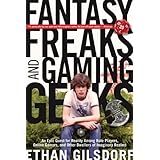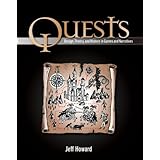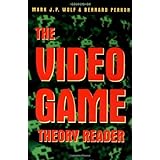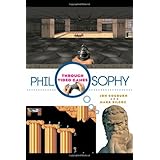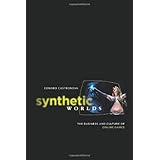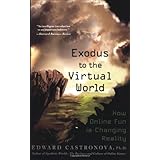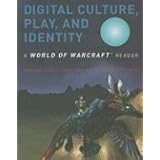
Average Reviews:

(More customer reviews)Are you looking to buy Digital Culture, Play, and Identity: A World of Warcraft® Reader? Here is the right place to find the great deals. we can offer discounts of up to 90% on Digital Culture, Play, and Identity: A World of Warcraft® Reader. Check out the link below:
>> Click Here to See Compare Prices and Get the Best Offers
Digital Culture, Play, and Identity: A World of Warcraft® Reader ReviewLike many anthologies, this one is uneven. Nevertheless, it contains some very interesting articles, especially about gender and culture as expressed in World of Warcraft.My problem with the book, however, is that it purports to have a sort of dual viewpoint, being that all the academics writing about World of Warcraft here are also players. The problem is that none of them, as far as I can tell, have achieved level cap and immersed themselves in the endgame.
Like many MMORPGs, World of Warcraft is many games all rolled into one. There is the leveling game (where you take a new character and head off into the world to have adventures, gradually gaining strength and power as you defeat various challenges). There is the player-vs-player game, where you engage in battles against other players, either in groups or solo. There is the professions game, where you learn to create items in the game and get gradually better and better at doing so, until you can (if you wish) create a business providing services for other players. There is the economic game, where the goal you set yourself involves making as much game money as possible. There are games related to earning what are called Achievements (although these did not exist when this book was being written), and thereby earning yourself titles and/or items such as special in-game pets or mounts.
And there is the raiding endgame. In the raiding endgame, you reach the level cap and play around in small group encounters, gaining skill and gear until you are ready to join larger groups of players, setting off into some of the most intricately designed content in the game. The encounters there are complex and require serious coordination between largish groups of players to defeat. (To give you a sense of the complexity involved, there are some encounters that have taken groups of 25 people numerous attempts to defeat -- and by "numerous", I mean three or four hour sessions twice or three times a week for a month or more.) The organization required to put together a raiding team and keep it going strong for months on end is not trivial.
Most World of Warcraft players at least try out the raiding game; some of them define themselves in part by their refusal to play that game. Different players take different approaches to this raiding game. Some define themselves as "hardcore" and treat the raiding game almost as a job (and they require a group of people to raid with who share the same approach, with the necessary level of organizational infrastructure to support such an approach). Others define themselves a "casual raiders" who seek to experience raiding content as part of what they do, without in any way treating it as "another job". Since the fall of 2008, the raiding game has been available to most players who are at the level cap, at least in a very casual way.
While one can certainly play World of Warcraft without ever raiding, no one can accurately describe the game or the social groups that develop within it without discussing raiding. The vast majority of the authors in this anthology have not reached level cap, and those that have (for the most part, and by their own admission) have hardly scratched the surface of this important part of the game. So much of the game design is built around raiding, so many of the social structures are organized around this activity, that it's hard to take seriously a book about World of Warcraft that doesn't address it.
On the other hand, it's a relief that these authors did not write about something they haven't experienced. Most people who have raided, whether they still do so or not, will confess that it's not really what it looks like from the outside. People raid for a variety of reasons, and the groups they form to support their raiding habits vary a great deal in response to their motivations. It's tiring to read about "raiding" when the writer has obviously never done it, and can't evaluate for herself what her informants tell her about their experiences doing it.
At the same time, the lack of substantive consideration of the "raiding game" leaves a big gap in this book. It's as if someone were writing a book about Major League Baseball and chose to act as if the American League simply did not exist. It's hard to get a real sense of World of Warcraft if you don't talk about the endgame (that is, the things people do in the game once they have reached level cap and determined to keep playing), yet the authors are largely not able to do that, since they haven't gotten there yet.
That's a shame, because the dual-lens of player + academic is a valuable one, and I wish that this book had not ignored such a big part of the game.Digital Culture, Play, and Identity: A World of Warcraft® Reader OverviewExploring World of Warcraft as both cultural phenomenon and game, withcontributions by writers and researchers who have immersed themselves in the WoWgameworld.
Want to learn more information about Digital Culture, Play, and Identity: A World of Warcraft® Reader?
>> Click Here to See All Customer Reviews & Ratings Now
